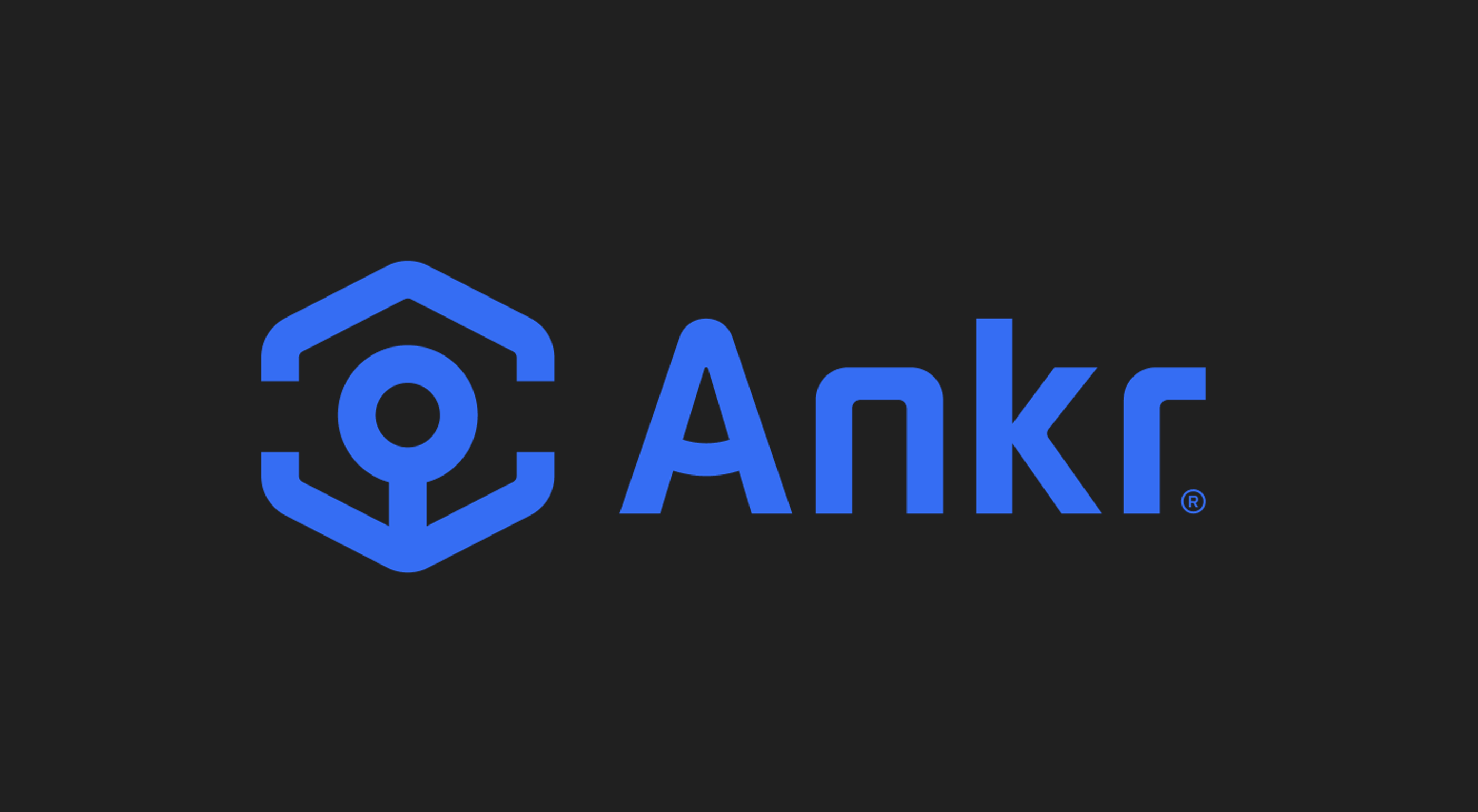
If “pandemic” was the buzzword of 2020 (and, you know, 2021), then “sanctions” feels like the 2022 equivalent, as Europe careens towards an increasingly tragic war. With privacy, transparency and liberty such key issues in crypto, the industry has found itself right at the centre of a contentious tug-of-war. Believers vouch for the Russian citizens who can turn to crypto to escape a plummeting ruble, as well as the millions of dollars flowing into the Ukrainian donation addresses following appeals on Twitter from the Vice President.
Detractors, meanwhile, argue that crypto could allow nefarious states and agencies to circumvent restrictions. What would happen if Russia’s $630 billion of (mostly frozen) foreign assets were in crypto, hence immune to being frozen and free to be used to support the war effort?
MetaMask Restrictions
This week, certain users of MetaMask, the fundamental gateway to the Ethereum network, found they had their access privileges revoked. Users from Venezuela, Iran and Lebanon appear to be among those affected, with the bulk seeming to be from the former.
Although communication has been vague, the perpetrator seems to be the API for Infura, the Consensys-owned node infrastructure network which feeds into MetaMask. Both MetaMask and Infura made an extremely brief joint statement which didn’t clear much up, but did confirm the restrictions were very much intended.
“MetaMask and Infura are unavailable in certain jurisdictions due to legal compliance. When you attempt to use MetaMask in one of those regions, you will receive (an) error message” the joint statement read.
Decentralisation
It’s a fascinating issue, and one which has incensed a lot of people. The centralised vs decentralised debate is so close to crypto’s core, it needs no introduction, but these last few weeks have seen the face-off



